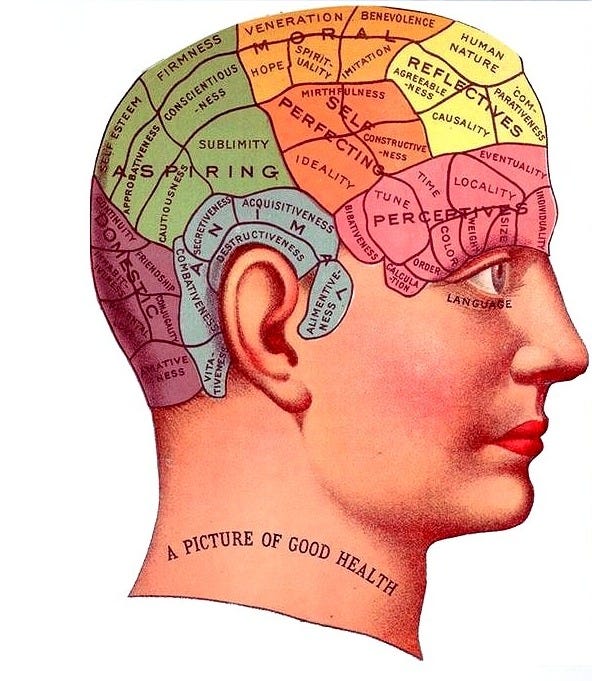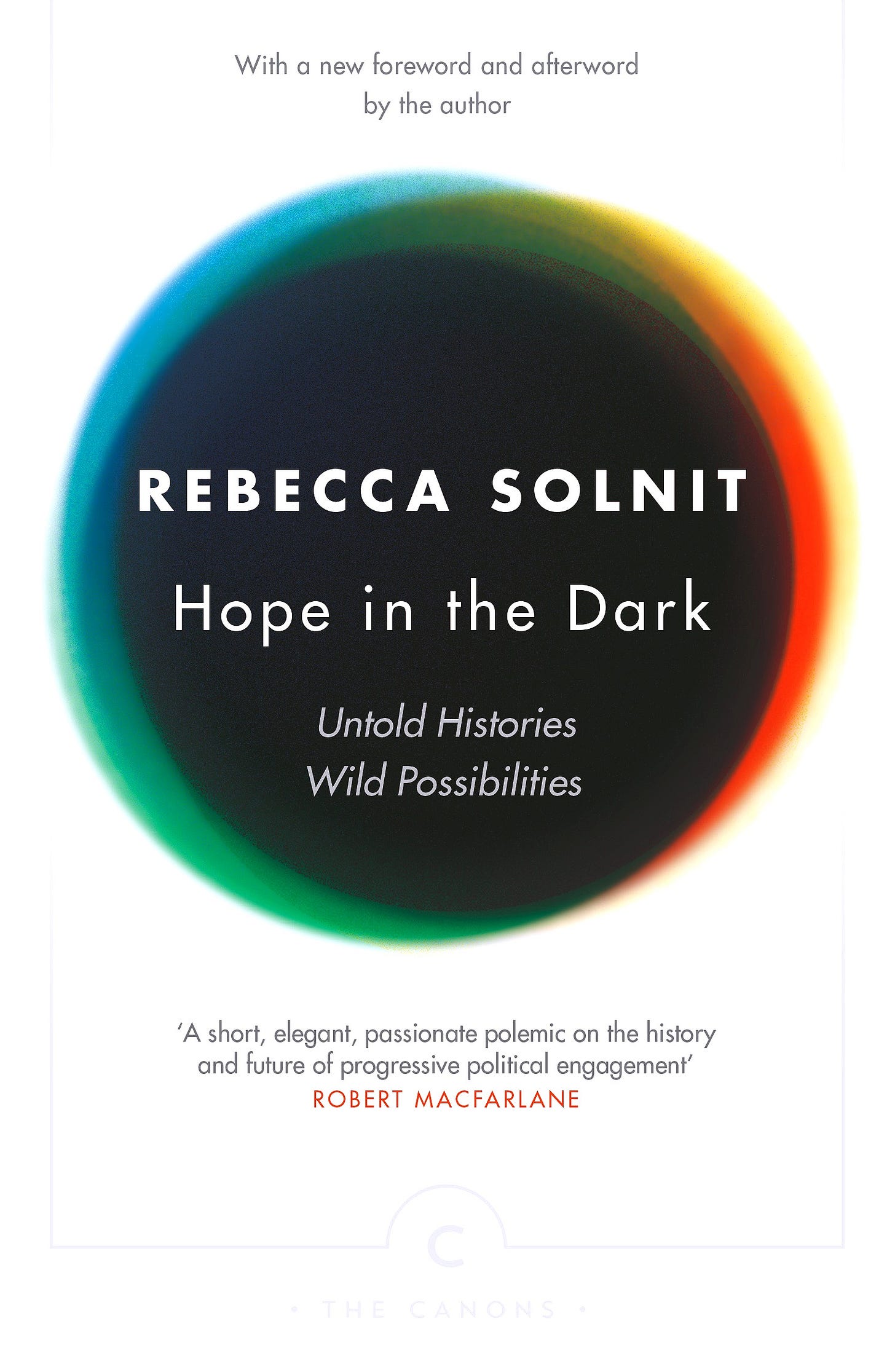THE ARCHITECTURE OF THOUGHT
Language, Power, and the War for Meaning in the Age of Manufactured Reality

Listen While You Read: “Season of the Witch” by Donovan
Intro: The Battlefield Is Semantics
Language is the software of civilization. Every sentence is an act of architecture—a building of thought, a weapon of persuasion, a spell cast on collective persuasion. Words don’t just describe reality; they construct it. And whoever controls the dictionary controls the damn world.
Foucault called it discourse. Orwell called it Newspeak. Wittgenstein called it the limits of the world. What they all understood is that meaning isn’t neutral—it’s political. Every phrase is a border, every metaphor a map of who gets to belong and who gets erased. Language is the original technology of power, and the war for democracy begins not at the ballot box but in the grammar of public life.
Today, America speaks in broken code. Truth has been deflated, syntax weaponized, literacy cheapened to hashtags and outrage. The question is no longer whether language can be trusted—but whether we can think without it collapsing beneath us.
Language as Control Code
The twentieth century cracked open the illusion of neutral speech. Wittgenstein warned that our words circumscribe our world; Heidegger whispered that “language is the house of Being.” Foucault took it further—showing how entire civilizations are built not from stone, but from sentences. Power doesn’t just repress; it produces. It doesn’t silent you—it writes your lines for you.
Orwell saw it coming. Newspeak wasn’t a language—it was a lobotomy. Reduce the vocabulary and you reduce the imagination. Make compassion ungrammatical, and cruelty becomes rational. Every authoritarian regime is a publishing house; every dictatorship, a style guide.
The Authoritarian Lexicon: How Lies Become Law
Authoritarianism doesn’t arrive goose-stepping through the gates—it slides in through semantics. First comes the euphemism. “Enhanced interrogation.” “Collateral damage.” “Family separation.” Each phrase is a chloroform-soaked rag pressed to the conscience of a nation.
Klemperer saw it in Nazi German—the slow, viral infection of meaning. Words emptied of truth, refilled with ideology. Today, “freedom,” “patriot,” and “truth” function like brand names detached from any stable meaning. The goal isn’t persuasion—it’s exhaustion. Confuse the citizen until surrender feels like relief.
We call it post-truth. Arendt called it the collapse of reality. Either way, the result is the same: when nothing is true, everything becomes permissible. Lies aren’t meant to deceive—they’re meant to disorient. Fascism thrives not on conviction but confusion.
The Reading Crisis
America reads—but not deeply. The eyes move, the mind scrolls, the soul sleeps.
We’ve mistaken literacy for consciousness. The nation can decode text but not subtext. Paolo Freire tried to warn us: reading must be both word and world. Who wrote this? For whom? Why? Every sentence conceals an agenda; every narrative polishes a throne.
Now, we skim headlines, react to algorithms, and call it understanding. Nicholas Carr called it “The Shallows.” He was right. The deep-reading brain—the one trained on Baldwin, Huxley, and Didion—is dying. The algorithms have turned us into fragmented readers of our own realities.
When the act of reflection feels like rebellion, you know you’re living under soft fascism.
Education as Subversion
John Dewey believed democracy depends on an educated citizenry—not obedient, but curious. Nussbaum called it “cultivation.” Authoritarians call it “indoctrination.” Guess which side is winning.
Education once meant liberation. Now it means labor readiness. The goal isn’t to create citizens—it’s to manufacture employees. Why teach philosophy when you can train compliance? Why fund art when you can automate souls?
So they gut the schools, ban the books, and crucify the teachers. They call it “parental rights” while burning pages in the public square. They call universities “Marxist indoctrination camps” while gutting the humanities to feed the tech-industrial beast. Every assault on education is an act of preemptive control—because the educated are hard to rule.
The Ghost of Weimar
Germany in the 1920s was literate, cultured, and brilliant—and still, it fell. You can have libraries full of Nietzsche and still march in lockstep to a lie. Literacy without criticality is tinder.
Karl Jaspers called for “philosophical faith”—a commitment to reason, truth, and dignity. But Weimar taught us that reason alone is fragile; it must be lived, not lectured. When schools train technicians instead of thinkers, you don’t get democracy—you get efficiency in evil.
Jefferson understood this too: "If a nation expects to be ignorant and free, it expects what never was and never will be.” America is now testing that hypothesis.
Reading as Revolt
Every dictatorship fears a reader. Every book is a loaded gun.
Reading is rebellion. Deep reading—poetry, philosophy, history, literature—is resistance training for the mind. It’s how you deprogram yourself from the spectacle. Every page wrestled with is a neuron freed from propaganda.
Rebecca Solnit calls reading an act of hope. I call it intellectual insurgency. Because to read seriously is to reclaim time, meaning, and selfhood from the noise machine.
But reading must be critical, not decorative. Don’t just underline—interrogate. Every text is an ecosystem of intention. Reading is not passive consumption; it’s dialectical warfare.
Rebuilding Babel: The Future of Language and Liberty
The battle for democracy isn’t waged with bullets anymore—it’s waged with verbs. The fascist doesn’t fear protest signs; he fears syntax.
To read, to write, to think—these are acts of rebellion now. Literacy has become the last line of defense against empire. Every time you refuse to parrot the narrative, every time you demand precision, every time you name a lie for what it is, you weaken the machine that feeds on your confusion.
Read like your mind is a nation worth liberating.
Write like your words are the scaffolding of a freer world.
Think like the empire is listening—because it is.
And never forget: truth is not given, it is fought for—in every sentence, every classroom, every soul that still believes words can mean something real.
Suggested Reading:
Power/Knowledge by Michel Foucault — A razor-edged exploration of how truth is manufactured, showing that language doesn’t just describe power—it is power, dressed in academic robes.
The Language of the Third Reich by Viktor Klemperer — A survivor’s linguistic autopsy of fascism, revealing how everyday words can be emptied, refilled, and turned into instruments of obedience.
How Fascism Works by Jason Stanley — A contemporary field manual for decoding the emotional manipulations and linguistic distortions that define authoritarian politics today.
Pedagogy of the Oppressed by Paolo Freire — A revolutionary philosophy of education that transforms reading and dialogue into acts of liberation against the machinery of control.
Hope in the Dark by Rebecca Solnit — A luminous meditation on resilience and imagination—a reminder that resistance begins in the mind and expands outward through language.





![Hardcover] [Jason Stanley] How Fascism Works: The Politics of Us and Them: ArtWorld: Amazon.com: Office Products Hardcover] [Jason Stanley] How Fascism Works: The Politics of Us and Them: ArtWorld: Amazon.com: Office Products](https://substackcdn.com/image/fetch/$s_!oQ_j!,w_1456,c_limit,f_auto,q_auto:good,fl_progressive:steep/https%3A%2F%2Fsubstack-post-media.s3.amazonaws.com%2Fpublic%2Fimages%2F8e5637fc-47d8-4be0-8a00-99f393dcef80_662x1000.jpeg)

